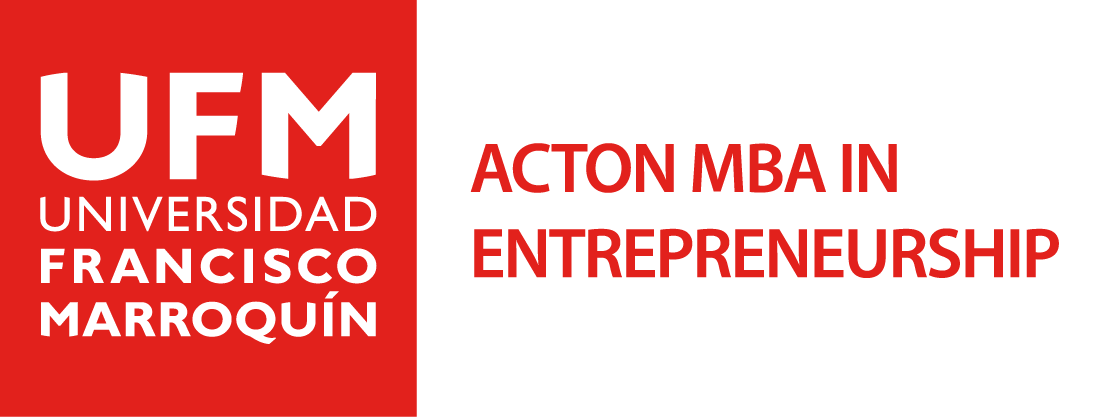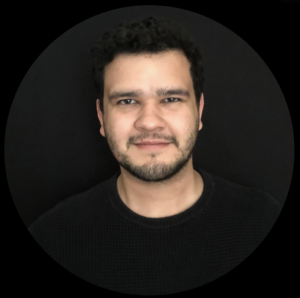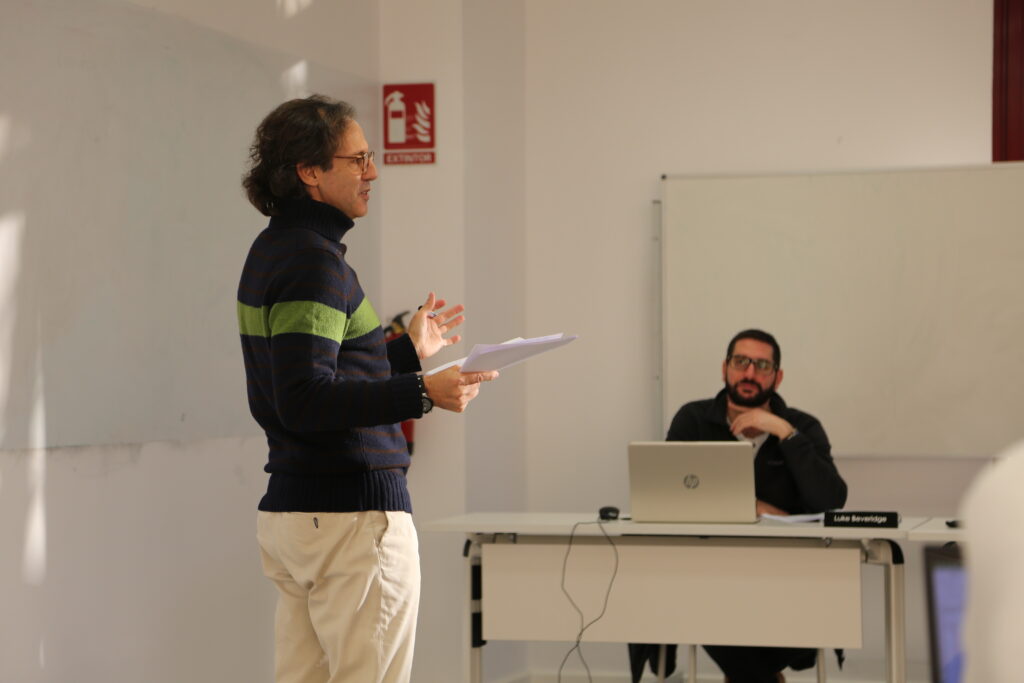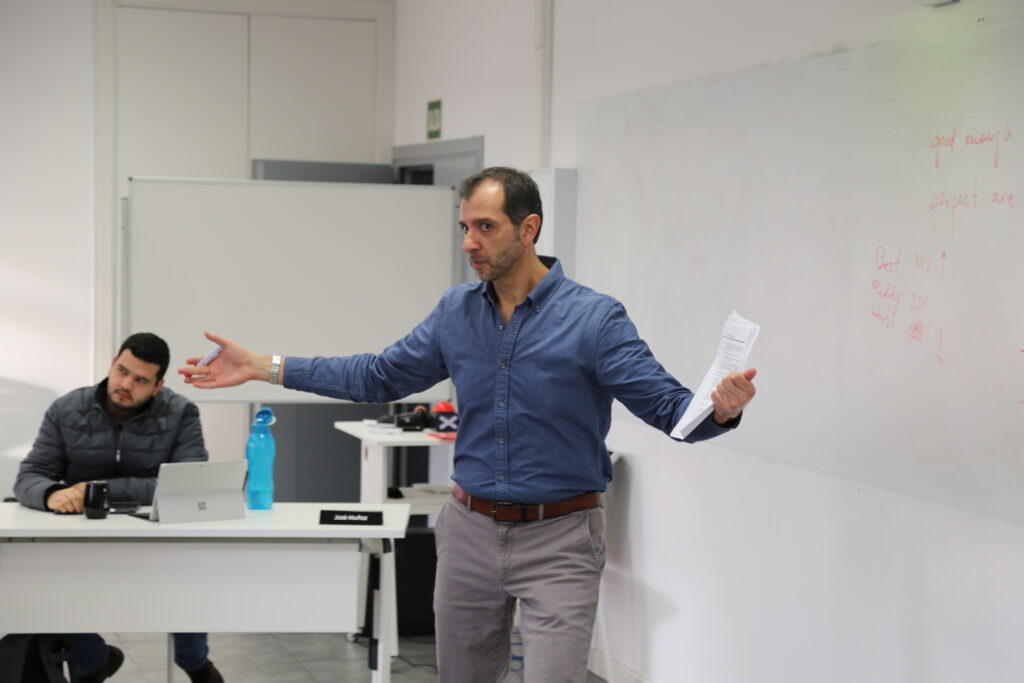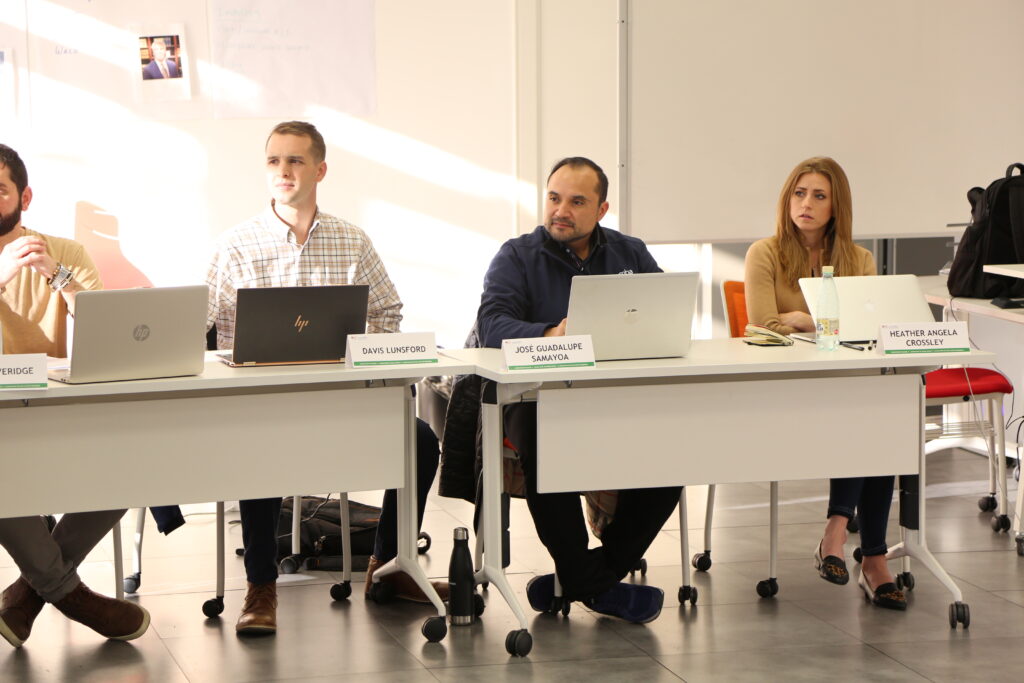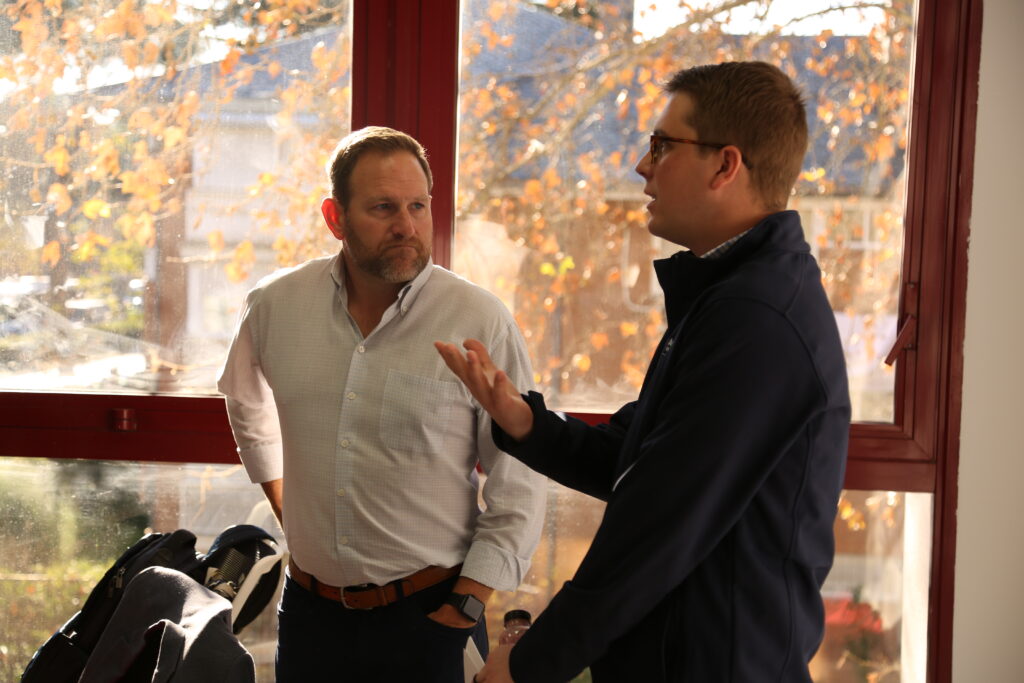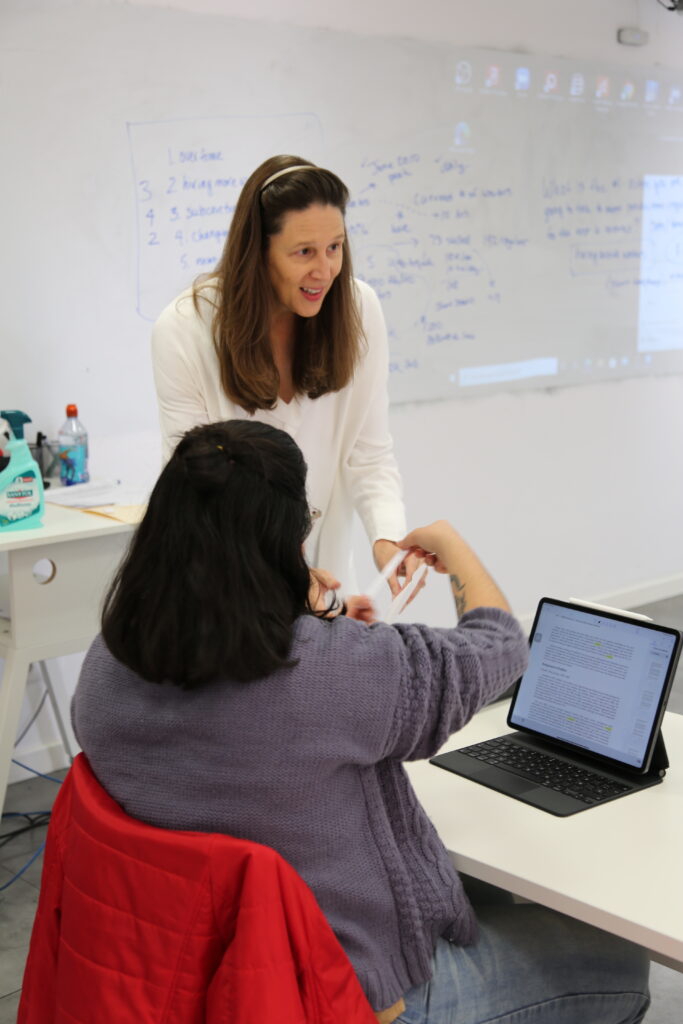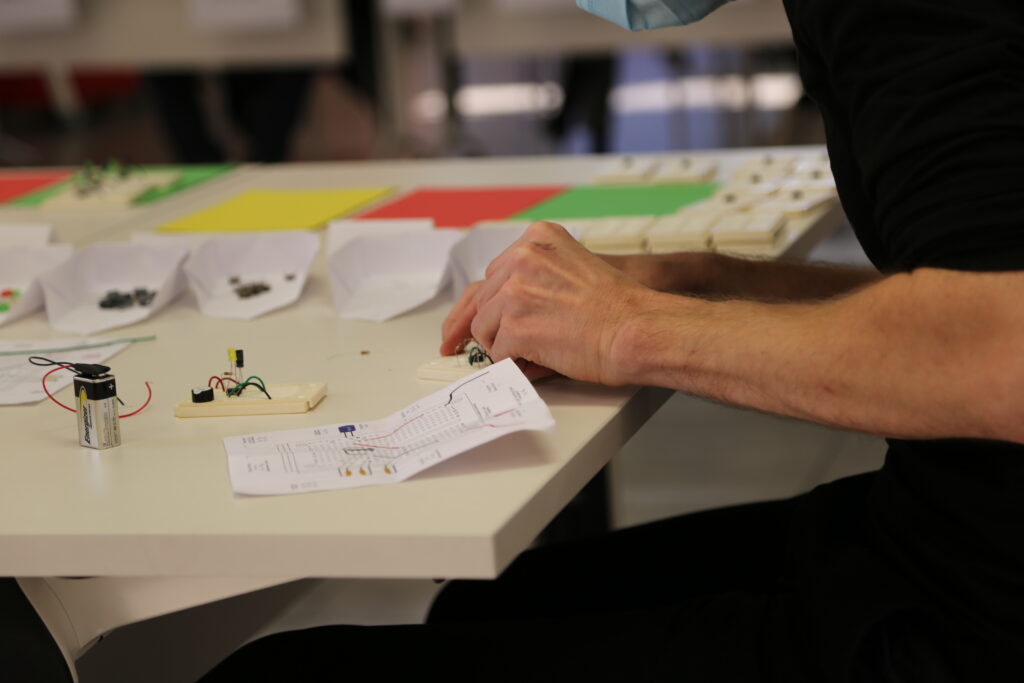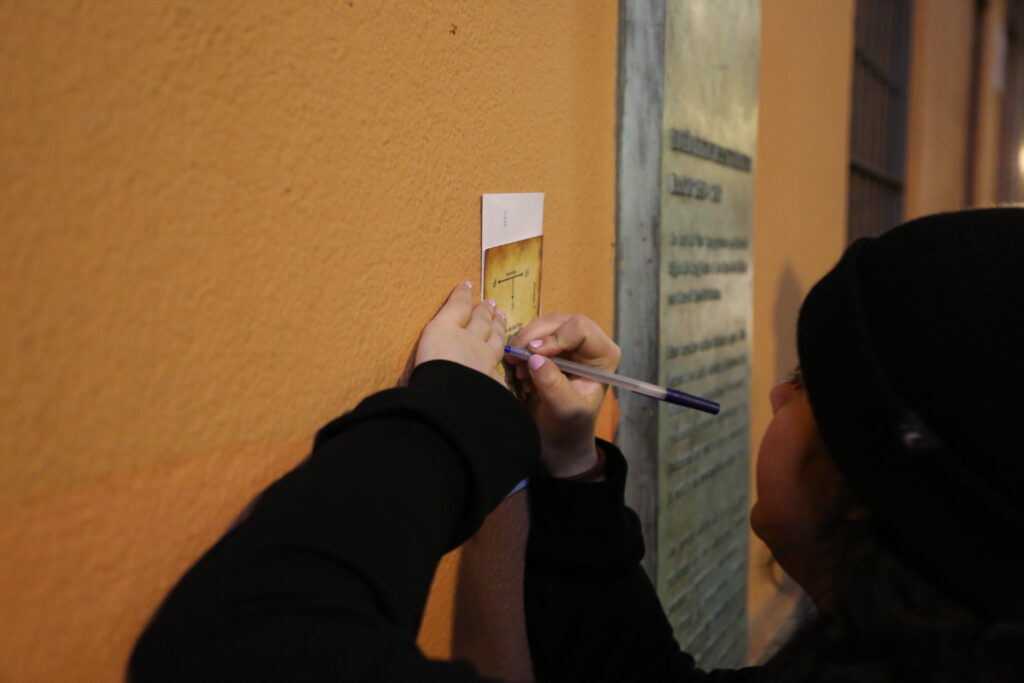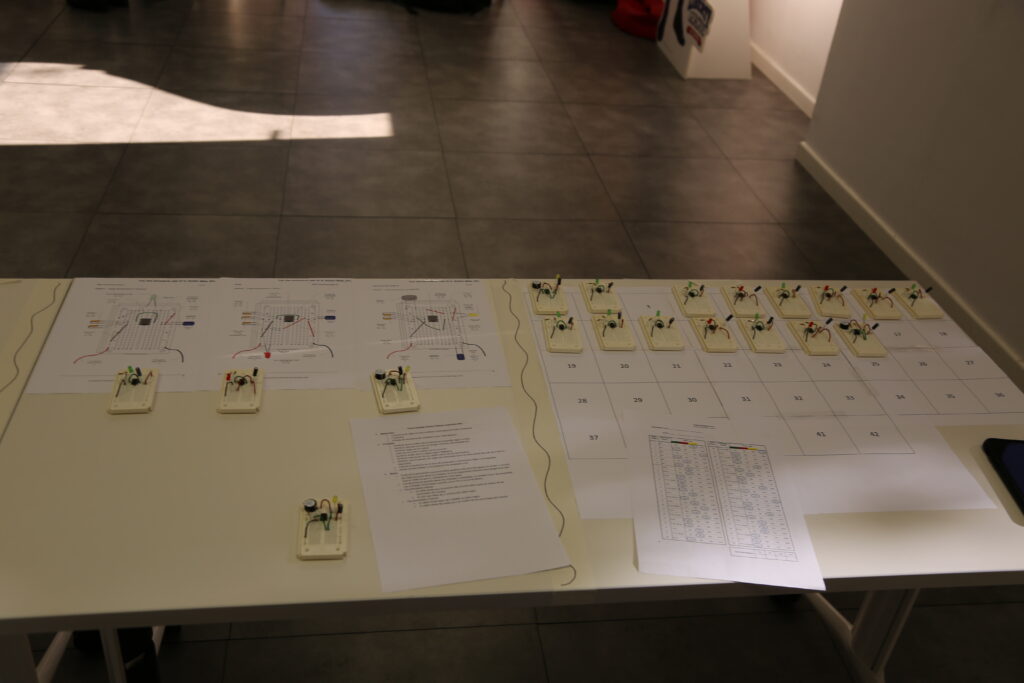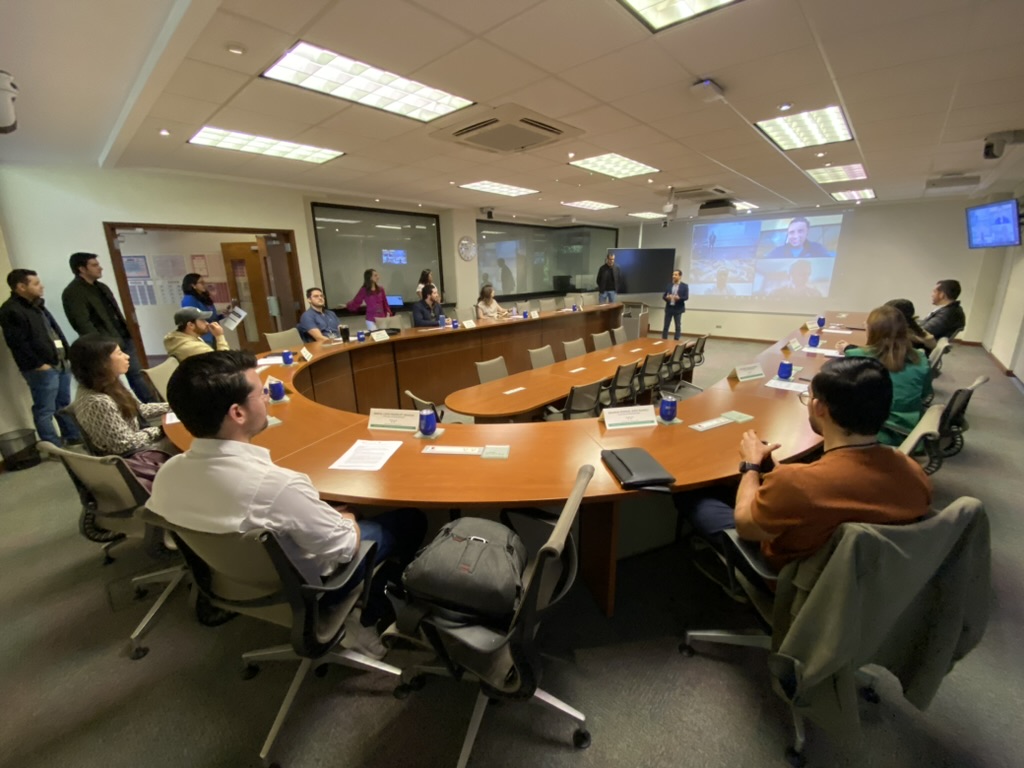What Makes Acton MBA so Different from Other Programs?
MARCH 22, 2024
If you ask any alumni about Acton MBA, you will always get the same answer: it is not a traditional MBA.
Designed for entrepreneurs, by entrepreneurs, Acton is meant to put the students in a pressure cooker that transforms their life personally and professionally. Founded in 2002 by Jeff Sandefer, along other master entrepreneurs, Acton was designed from the beginning to be a different but powerful MBA that gives entrepreneurs the tools, character, self-trust, network, and determination to create something big, to change the world.
But, what makes Acton so different?
In summary: the methodology that pushes the students in their learning abilities physically and mentally; an amazing set of teachers that are entrepreneurs and therefore are facing the same challenges as their students, which enables the teachers to guide the students in their own path through experience; a pensum that follows the life cycle of a business, instead of teaching the silos in a company structure; and finally, student that are committed, competitive, and fierce, and that do not go to Acton for the title, but for the knowledge, which creates a very different class experience than any you have seen before. We will dive into each one of these points in this post.
Teachers
After discussing the lessons learned from the case, I was finally lowering revolutions. It was the third case discussion of the day, and I was ready to decompress by hearing all about the entrepreneurial journey of Alfonso Gadala-Maria (Poncho) in his speaker series (a session where teachers and entrepreneurs come to share their entrepreneurial journey with us students). He was the teacher of our last case of the day ROSC, a people case we had just finished discussing. Poncho grabbed a chair, sat down, and looked straight at us.
Now you can ask me anything about this case and I will do my best to respond to every question. That was the moment I realized he was the protagonist of the case.
Being taught by entrepreneurs opens an amazing opportunity for Acton. While most prestigious MBAs are taught by academics that mostly do research on business, Acton is taught by people that face the same challenges you will face as an entrepreneur someday.
Acton teachers function as a guide (a word that I use very carefully, we will discuss why in the methodology section) that asks the right questions to foster the conversation, something that can only be achieved by the experience you obtain fighting the battles in the arena.
Some teachers are private investors, others have just made an exit. Some teachers are raising money, while others are private equity fund managers. The amount of experience the Acton teachers have under their belt is incredible, but their willingness to share and the lengths they will go to for your success is what makes it so much better.
As Juan Ignacio, an Acton master teacher, says to new students, “from this moment on, you become really important people in our lives and we’re very invested in your success.”
Pensum
While most MBAs follow a curriculum that is designed on silos (Accounting, Marketing, Operations, etc.), Acton MBA follows a curriculum that first teaches the tools to start and grow a business, but then teaches the life cycle of a business. This pensum gives the students a perspective in which they not only learn business from thirty thousand feet, but also more in-depth problem solving in which they use the business tools learned through the cases that will face them in real life.
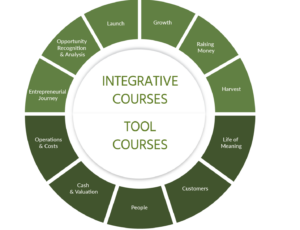
Acton Syllabus
Methodology
Have you ever been in flow while speaking with someone about a topic that interests you both? That’s how Acton classes feel. Acton classes are a combination of the case discussion methodology invented in Harvard and Socratic discussion.
The Harvard Case Method was invented over one hundred years ago and is currently used in most prestigious MBA programs. This method puts you in the shoes of a real person that has to make a real decision about their business with limited information, context, and numbers, just as in real life.
The Socratic discussion is meant to put students in a position where they cocreate their learning by discussing topics, sharing points of view, and providing facts in the discussion of a topic for which they have previously thoroughly prepared.
When you mix both methods you get a case discussion that puts students in the shoes of an entrepreneur that has to make a decision with limited data. They then present their decision to the rest of the class using data, facts, analysis, and experience, and a decision is made together.
Why Acton Exists
Acton’s mission is to “equip the next generation of principled entrepreneurs.” Acton is not for everyone, that is certain. What makes Acton so different is how the people in the classroom are so intentional about being there. From the teacher to the staff, and the students, no one in Acton is there for a title, or anything similar.
Acton puts together teachers that want to give back, that want to impact the world by teaching, with students that look beyond the title in the wall, students that want to build something big and make an impact in the world.
Acton equips students with the tools, pattern recognition, analysis capabilities, character, and the decision-making skills they need to not only start and grow businesses, but also to do it in a way that changes the world for good, while also designing the life they want to live.
Life of Meaning, a signature class in Acton, helps the students design that life so that when we go to the world we can design a business that suits the life we want, instead of having to work for a business because lack of design obliges us to.
The Acton Promise
Acton promises their students three things: to learn how to learn, to learn how to make money, and to learn how to live a life of meaning. But what does this mean from a student perspective?
Learn How to Learn
Do you remember your days in school, when you had to raise your hand to speak so that you don’t interrupt the teacher that is transferring all their knowledge to you so that later you would regurgitate it in an exam?
Traditional education places an emphasis on learning from someone that knows more than you. That puts the teacher in a position where they have the responsibility for the students’ learning process. The Acton methodology puts all that aside and transfers the learning responsibility to the student.
This means throwing all the memorization and regurgitation techniques away and embracing an analytical and more complex way of learning where you have to build knowledge by discussing, researching, and analyzing the info you are presented with.
If you put some thought into it, nowadays we have all the information in the world in our pockets, we do not struggle with having knowledge, we struggle with knowing how to sort it and what to do with it.
Acton serves that exact purpose and puts students in a position where they learn how to learn, instead of memorizing and regurgitating information, as it used to be done.
Learn How to Make Money
Let’s face it, everyone that is in business wants to make money. Acton teaches you how to successfully start a company that has the potential to make you rich, while you make an impact on the world. Frameworks, tools, simulations, challenges . . . Everything in Acton is meant to simulate real life, therefore giving you an edge in such a competitive environment such as the business world.
By the end of Acton, you have made the decisions you will need to face as an entrepreneur over and over, therefore you will have a better probability of making the right decisions that will lead to success in your business, and therefore, to money in your bank account.
Learn How to Live a Life of Meaning
One of the biggest differences between attending Acton and any other business program is how much of an emphasis is made on you making intentional decisions, not just flowing with the wind. You only have one life, and entrepreneurs tend to spend much of it inside their businesses.
All of Acton is meant to make you be conscious about the life you want to build and how your business will play a part in it. If I could describe Acton in a word, I would say it is “intentionality.”
Being intentional about the decisions you make, the client you decide to serve, the people that will walk your journey with you, how much money you want to make, the ethics framework you will base your decisions on, and how you want to change the world.
Life of Meaning is much more than a course in the curriculum, it is ingrained in every case discussion, teacher, and note you will face in Acton, which makes Acton a transformative experience both personally and professionally.
Students
Acton students are a rare breed. Princeton Review put Acton students as the most competitive students in the US, which I can agree with. Everyone in the room is there to learn, to push their peers and to push themselves. Hugo Diaz, director of the program, always says that if the only thing you want is a title, there are easier and cheaper ways to get one.
To be an Acton student means pushing yourself to every limit you can imagine, physically and mentally. It means not sleeping enough, having to face hard fears like selling door to door, and having to face a bunch of well-prepared and talented individuals that will expect the same amount of preparation and readiness in every case you are part of.
Being an Acton student is not for everyone. If you want an easy program that gives you a title to hang on your wall and a prefix to put on your professional title, Acton is not for you. But if you want to build something big and meaningful, design the life you want, and make money in the process, Acton is for you. But you have to be willing to put in the hard work and effort it takes to graduate.
